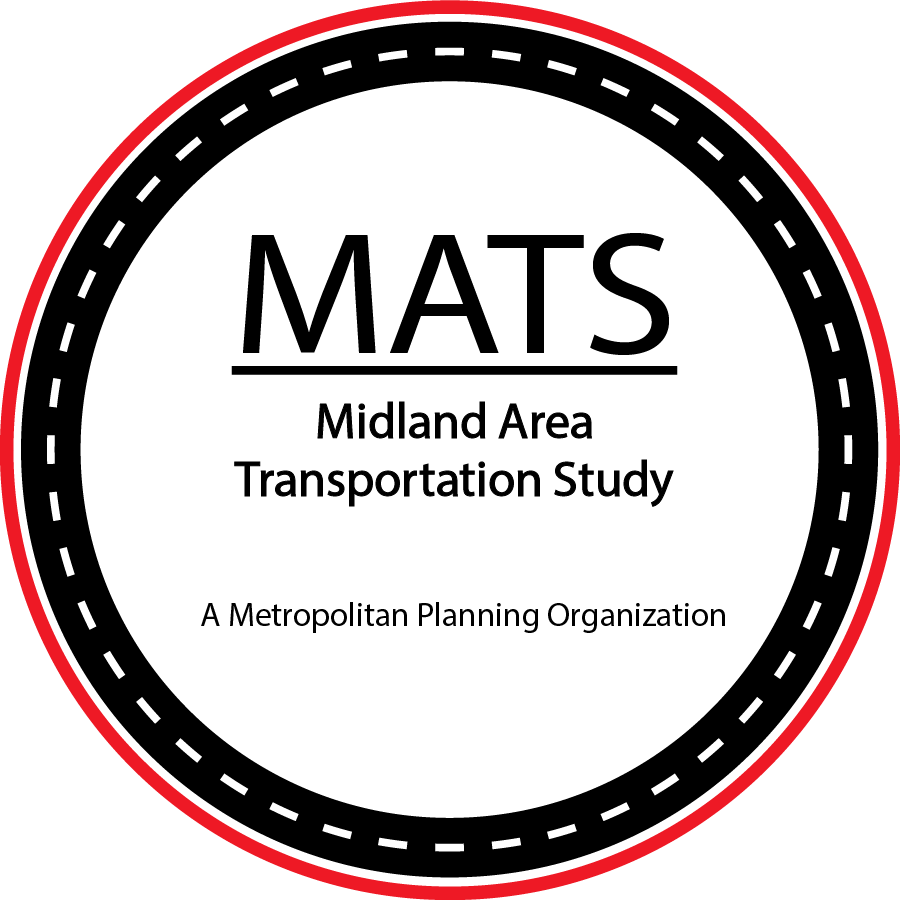Northern Michigan, Upper Peninsula Regions Move to Phase 5 on June 10; Personal Care Services Including Salons, Barbershops Reopen Statewide on June 15
LANSING, Mich. — Governor Gretchen Whitmer today signed Executive Orders 2020-114 and 2020-115 to reopen more regions and economic sectors under the MI Safe Start Plan.
Starting on June 10, Regions 6 and 8 — which include much of northern Michigan and all of the Upper Peninsula — will advance to Phase 5 of the governor’s MI Safe Start Plan. Phase 5 allows the reopening of salons, movie theaters, and gyms, subject to safety protocols and procedures designed to minimize the spread of COVID-19.
On June 15, personal services including hair, massages, and nails will reopen statewide. Though the remaining regions, 1 through 5 and 7, will remain in Phase 4 under today’s executive orders, the governor has said she expects the entire state will advance to Phase 5 in the coming weeks.
“Today marks another milestone in the safe reopening of Michigan’s economy,” Governor Whitmer said. “As we continue to slowly reopen different parts of our state, it’s critical that we listen to the experts and follow the medical science to avoid a second wave of infections. The good news is that we are headed in the right direction, and if the current trajectory continues, I anticipate we'll be able to announce more sectors reopening in the coming weeks. We owe it to our front line workers to keep doing our part.”
“We are still on an encouraging trajectory across the state, and while there are regional differences, we are seeing continued general rates of decline in cases and deaths,” said MDHHS Chief Deputy for Health and Chief Medical Executive Dr. Joneigh Khaldun. “While we must continue to monitor the data, because of these positive trends we are able to move forward, on a regional basis, with the next phases of the MI Safe Start Plan. Although the risk levels are going down, it does not mean it has gone away. Please remain vigilant, wear your mask, practice social distancing, and remain patient as we continue to fight COVID-19 together.”
Under Phase 5, indoor social gatherings and organized events of up to 50 people are permissible. Outdoor social gatherings and organized events are also allowed if people maintain six feet of distance from one another and the gathering consists of no more than 250 people. In addition, outdoor performance and sporting venues will be open with a larger capacity limit of 500, which will allow for some outdoor graduation ceremonies.
In addition, Governor Whitmer has issued an updated rule laying out new workplace safeguards for gyms, in-home services, hair salons, and entertainment venues. Following these safeguards will ensure that workers and patrons alike remain protected as the state moves to reopen.
“I'm grateful that the U.P. is moving forward today to reopen more businesses in phase 5. This hasn't been easy balancing the safety of residents and our economy, but our numbers show the Governor's Stay Home, Stay Safe order worked,” said Rep. Sara Cambensy. “Even after Memorial Day weekend, we didn't see a spike in Covid-19 cases. This should give residents, businesses and travelers to our region the confidence and reassurance that we are resilient and ready to responsibly start our U.P. summer season."
“Arts and culture are vital aspects of Northern Michigan’s economy and directly contribute to the quality of life for our residents,” said Megan DeWindt, Site Director for Crooked Tree Arts Center in Petoskey. “These aspects of our community also enhance the experiences of our visitors, particularly during the summer months. Across the ten-county Northwest Michigan region, nearly 100 nonprofit and public entities provide opportunities to access and participate in music, performing arts, and visual arts. We are ready to safely welcome guests back into the region’s galleries, museums, theaters, and performance spaces. Northern Michigan is known for supporting and celebrating local, regional, and national artists and performers, and we are excited to resume that tradition.”
“On behalf of the beauty industry in the state of Michigan, we wish to express our absolute excitement and appreciation for the re-opening of the cosmetology and barbering industry in the state of Michigan,” said Scott Weaver, Owner and CEO of Douglas J. “The cosmetology and barbering industry in Michigan is well prepared to manage and safe guard the health and wellbeing of our clients and the public in general in this reopening. As the owner and CEO of Douglas J, on behalf of our entire Douglas J family, and the entire beauty industry, I want to acknowledge and give appreciation to the governor. Your work in safeguarding our health, and now reopening and rebuilding our economy is surely a giant task, and we thank you most sincerely.”
Information around this outbreak is changing rapidly. The latest information is available at Michigan.gov/Coronavirus and CDC.gov/Coronavirus.
To view Executive Orders 2020-114 and 2020-115, click the links below:




